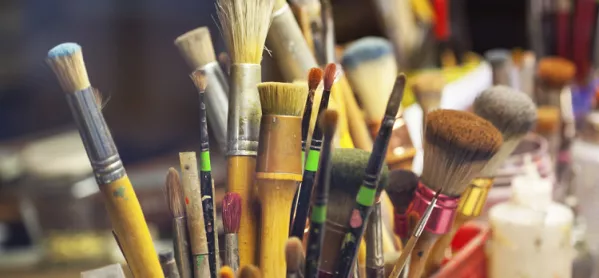The number of children taken into care has been going up steadily for the past seven years, according to official statistics released last week. Every school is likely to be dealing with how to accommodate young people in foster care or residential care, grappling with admissions and particular requirements. How then can we ensure more than the basic needs of security and health are met for these young people?
It is important to remember that when the state becomes your parent, it is the biggest thing that can happen in a child’s life: to take them from parents who, if they are older than very tiny babies, they have lived with for some time and probably still love despite whatever may have happened.
Legal and emotional difficulties
Whatever people may have heard or read, the process of the state becoming the parent is not done lightly, and it is fraught with legal, emotional and other difficulties that reverberate through professions, and in the life of the child. Placing them well, and agreeing that there are in fact equally good but different models of permanence, matters hugely. How we talk to and about them, matters more. These are our children not somebody else’s, and they will be ours until they are 25 if they go on to university, as early as 16 as things stand in residential care, or at 18 (21 if they are lucky) if fostered. Ask yourself how you would have fared on your own at any of those ages?
Some children who have the experience of care come through with resilience, and achieve in line with their age, stage, peer group and, importantly, abilities - but we need to remember that their doing so will be in spite of many things, as well as because we supported them. Many will struggle to do so, or will do so later than their peers. Many lose contact forever with anybody who shares their genes, their life story, their community, their heritage, their history. We need the capacity to imagine what that means, the sheer enormity of it, the sense of being one among one, not among many.
Cultural experiences
Cultural and artistic access and experiences - the things your mum and dad would have ensured you had (they certainly did in my case) - can’t be left to chance for children who are parented by the state. These young people, probably even more than their peers, need access to and permission to exercise and grow expression, empathy, and an experience of the life-enhancing and challenging things arts and culture give to all of us.
My friend - and one of my heroes - the poet Lemn Sissay did a wonderful installation for his fellowship year at the Foundling Museum. It reminds us that many heroes of literature were fostered, adopted and left to fend for themselves. Yet they are still the heroes whose stories we read and admire, though seldom the children we champion or extol when we meet them in real life.
This is not about just the well told and rightly loved story of Tracy Beaker. As Lemn reminds us, we are talking about so many: Moses, Harry Potter, Batman and Superman, Lisbeth Salander in Stieg Larsson’s books, Cinderella and Snow White, Anne of Green Gables and so very many more.
A shared responsibility
We know that some virtual headteachers are doing fantastic work in organising extensive enrichment programmes for children who are looked after, their carers and foster parents, as are some schools and other organisations striving to help this group to excel. But the pressure on the system can often mean these needs go overlooked. This is not just the responsibility of schools and local authorities; all cultural organisations, youth centres, businesses and community groups could play a part.
The questions we are asking at A New Direction - the organisation I chair, which promotes access to the arts and culture for all young people - is what could the wider cultural community offer to children who are looked after, and how it can be coordinated in any given area? How can cultural organisations best shape their programmes to support more young people in care and ensure that their work is having an impact for the young people that they are working with?
When the headlines about children in care are dominated by appalling abuse and underachievement, it can be hard to make a case for those things that are often positioned as “nice to do”. My message is that the humanising and socialising qualities of the arts and culture are absolutely central to child development and that our system will fail if we cannot find a place for this.
Professor Maggie Atkinson is chair of A New Direction, London’s flagship cultural education agency
Want to keep up with the latest education news and opinion? Follow TES on Twitter and like TES on Facebook




